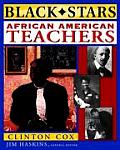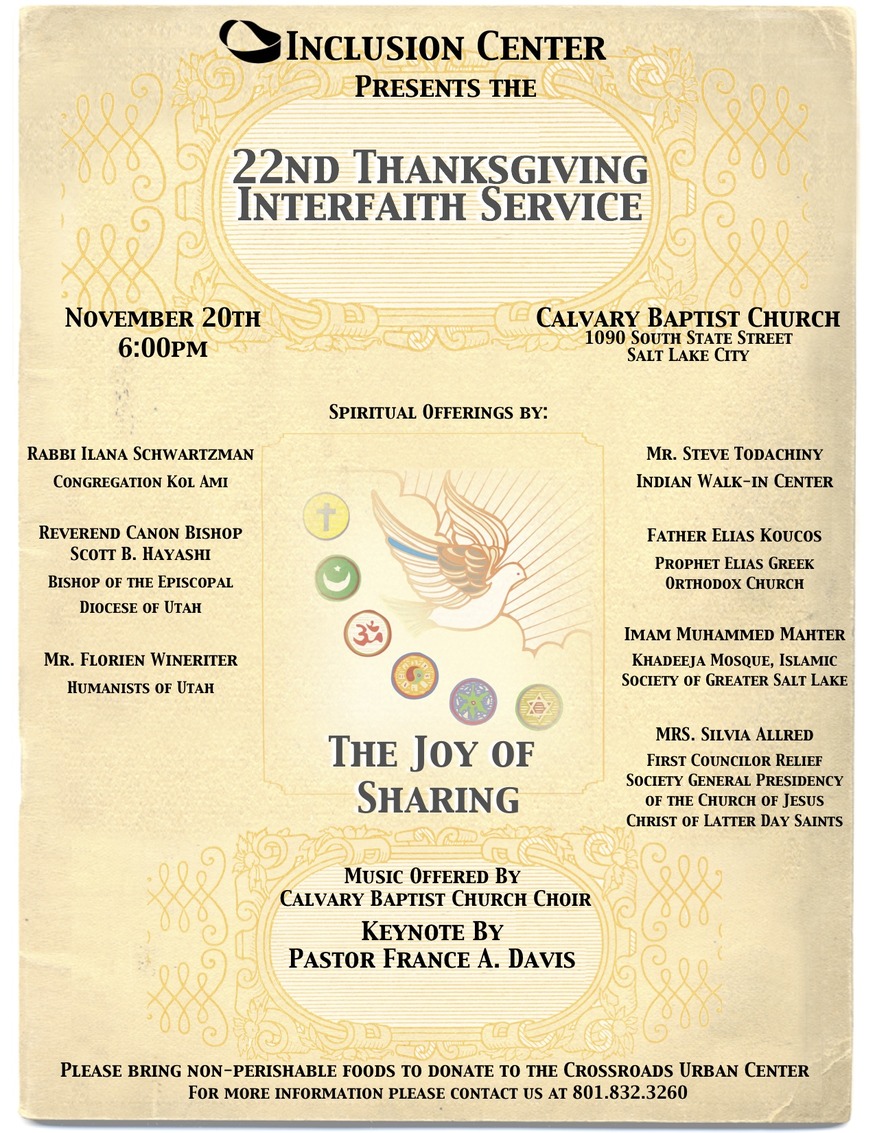 Whether you love history or just want to teach our Esperanza scholars more about America's history, Thanksgiving is a wonderful holiday to begin with as it is deeply embedded with how our country began. Many times, if we can see where we've come from, we can better understand where we are now!
Whether you love history or just want to teach our Esperanza scholars more about America's history, Thanksgiving is a wonderful holiday to begin with as it is deeply embedded with how our country began. Many times, if we can see where we've come from, we can better understand where we are now!
Thanksgiving Fun Facts #1 Thanksgiving was first celebrated on the Plymouth Colony by the Pilgrims and the Wampanoag Indians celebrated with a feast. The year was 1621 when the leader Governor William Bradford invited the Indians for the feast.
Thanksgiving Fun Facts # 2 The Turkey likes to sleep in trees at night. At sunset, they rise and spread their wings and begin their day.
Thanksgiving Fun Facts #3 Turkey are fast birds and can race as fast as 50-55 mph.
Thanksgiving Fun Facts # 4 The Indians taught the Pilgrims how to survive off the land and brought food with them to the feast.
Thanksgiving Fun Facts #5 George Washington wanted to establish a National Day of Thanksgiving and did so in 1789 and again in 1795.
Thanksgiving Fun Facts #6 Congress made Thanksgiving Day a legal holiday in 1941 and is celebrated on the fourth Thursday of the month.
Thanksgiving Fun Facts #7 There are three cities around the country which take the name turkey: Turkey, Texas; Turkey Creek; Louisiana; and Turkey, North Carolina.
Thanksgiving Fun Facts #8 The very first Macy's Thanksgiving Parade was held in New York City in 1924. The first Macy's Thanksgiving Parade was started by the Macy's employees and they used animals from the local zoo.
Thanksgiving Fun Facts #9 Benjamin Franklin thought that the national bird should be the turkey. AS we now know, the national bird of the United States is the Bald Eagle.
Thanksgiving Fun Facts #10 Wild turkeys have excellent vision. They've been known to have heart attacks. Although this isn't a proven fact, by thoughts are these "heart attacks" happen more often as Thanksgiving approaches.













